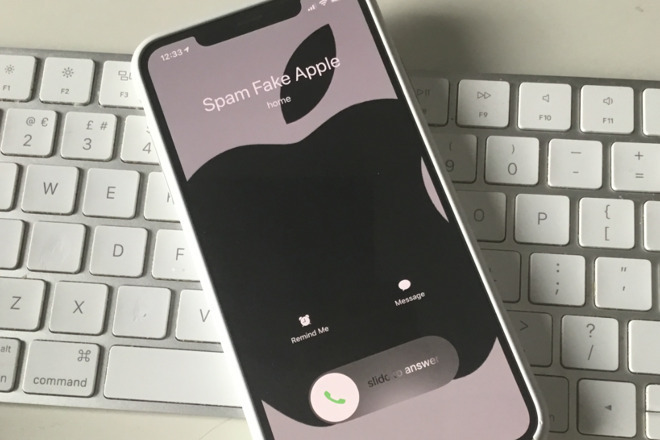The U.S. House of Representatives on Wednesday passed the Pallone-Thune Telephone Robocall Abuse Criminal Enforcement and Deterrence (TRACED) Act in a landslide 417-3 vote, setting the stage for ratification by President Trump.
Named after sponsors Rep. Frank Pallone Jr. (D-N.J.) and Sen. John Thune (R-S.D.), the Pallone-Thune bill consolidates separate measures introduced in the House and Senate earlier this year. In May, Thune's TRACED Act sailed through the Senate, while Pallone's Stopping Bad Robocalls Act passed House scrutiny in July. Both bipartisan acts enjoyed nearly unanimous support.
Lawmakers arrived at the current version of the TRACED Act following months of negotiations, reports The Hill.
"Today the House will take strong bipartisan action to protect consumers from illegal robocalls," Pallone said in session. "A whopping 5.6 billion robocalls were made to Americans in November alone [. . .] Today, the House is giving Americans back control of their phones."
The meat of the legislation lays down certain requirements for phone carriers, including implementation of call authentication technology like STIR/SHAKEN and call blocking services to customers free of charge. Further, government regulators are granted wider berth in the identification and punishment of scammers.
Some domestic carriers offer forms of anti-spam technology, like AT&T's Call Protect, but in some cases monthly subscriptions are required to access a full slate of services. Today's bill forces providers to offer comparable call screening tech to consumers without fees.
A notable amendment to the bill introduced by Reps. Debbie Dingell (D-Mich.) and Michael Burgess (R-Texas) calls on the Federal Communications Commission to establish a Hospital Robocall Working Group. Healthcare facilities are a popular target for spam callers, a development that has proven detrimental to effective medical treatment.
One element from the House version that failed to make it into the compromise bill is an expanded definition of the term "robocall," which lawmakers hoped to include as a means to broaden the FCC's punitive options when dealing with spammers.
Thune believes the Senate will take up a vote on the legislation by the end of next week, the report said.
Beyond Congress, individual states and a cadre of telephone companies are working to fight the scourge that is robocalling. In August, attorneys general from all 50 states and the District of Columbia joined forces with 12 companies, including major carriers AT&T, Comcast, Sprint, T-Mobile and Verizon, to promise a rollout of free robocall protections and call authentication technology.
 Mikey Campbell
Mikey Campbell







-m.jpg)






 Malcolm Owen
Malcolm Owen
 Amber Neely
Amber Neely


 Christine McKee
Christine McKee

 Chip Loder
Chip Loder
 Marko Zivkovic
Marko Zivkovic









28 Comments
Thank goodness. I've started getting random phone calls from people who swear that I called them, and I have had to explain that someone is spoofing my phone number. I'm not happy about it. Hopefully this bill, along with STIR/SHAKEN, will put the proverbial nail in the coffin.
Let's see how long it takes for the Senate to do THEIR job. Also, who were the 3 votes against it? Maybe they should be excluded and robocalled forever. ;-)
It's too bad that political calls from government officials aren't covered by this. The cynic in me also expects political related calls from PACs, lobbyists, and such to be excluded.
It is important to note that these systems will NOT stop robocalls. That’s non-trivial in the VOIP era when those calls can come from anywhere, most of which don’t care what laws the US passes.